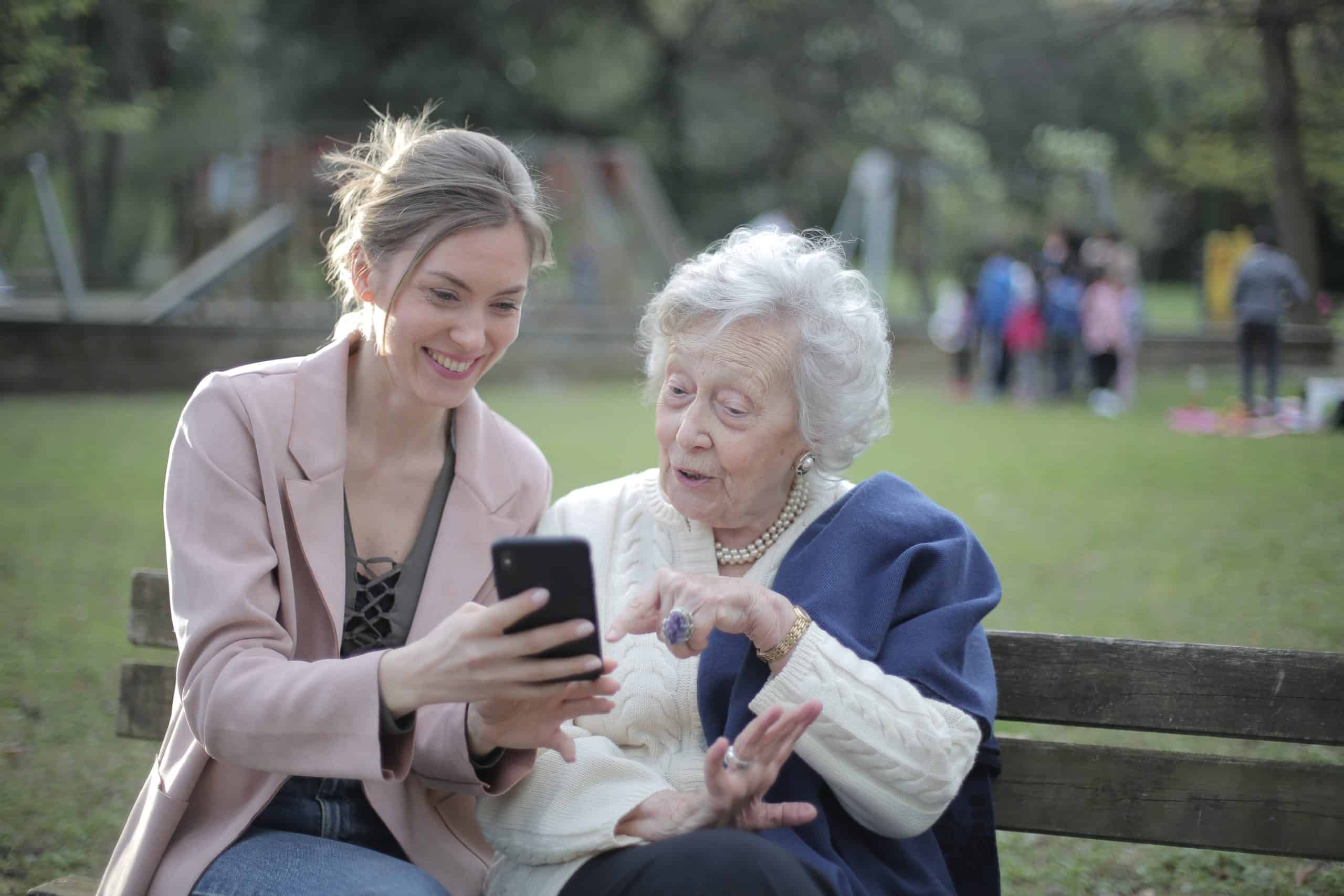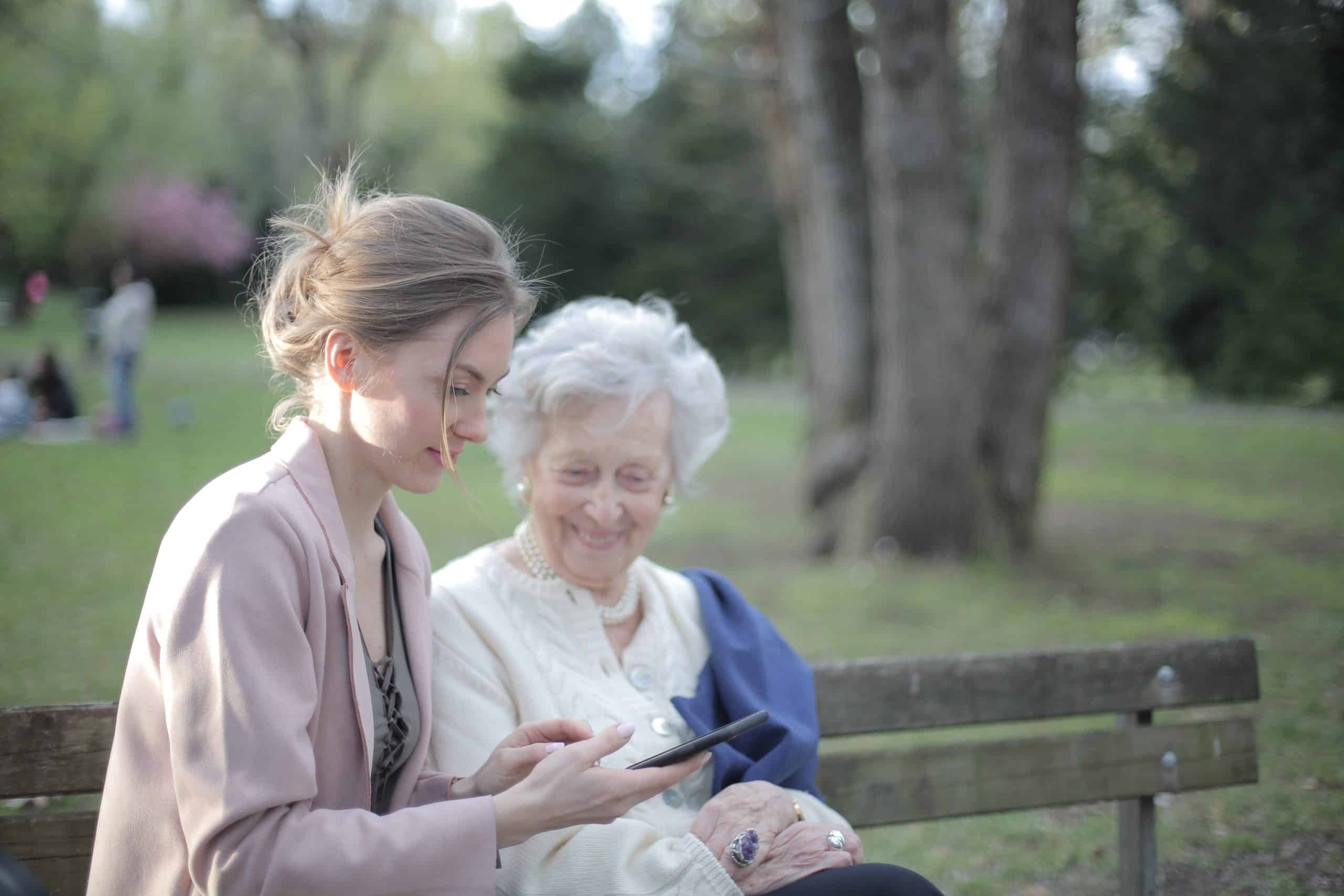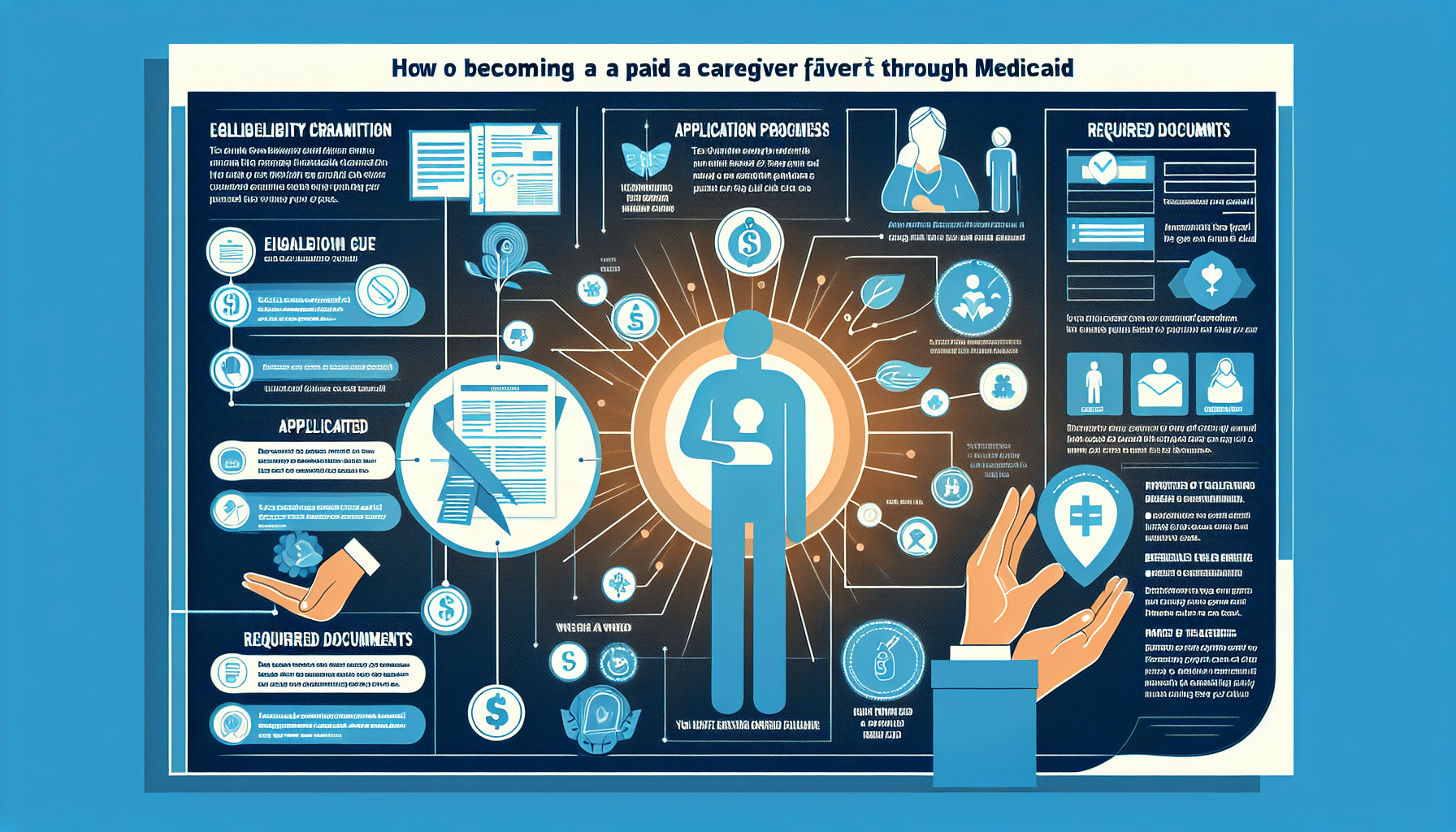If you have a loved one who requires care and you want to be their caregiver, you'll be glad to know that Medicaid offers a way for you to get paid for your services. Rather than placing your loved one in a long-term care facility, Medicaid would prefer to pay a friend or family member to provide care in their own home. This not only allows your loved one to stay in a familiar environment, but it can also save a significant amount of money compared to the cost of a nursing home. In this article, we will explore the different Medicaid programs and options available for family caregivers, and how you can become a paid caregiver for your loved one.
How to Become a Paid Caregiver for Your Loved One Through Medicaid
Caring for a loved one can be a rewarding experience, but it can also come with financial challenges. Fortunately, Medicaid offers programs that allow friends and family members to get paid for their caregiving services. Becoming a paid caregiver through Medicaid requires meeting certain criteria and navigating the specific programs available in each state. In this article, we will outline the steps you need to take to become a paid caregiver for your loved one through Medicaid.

This image is property of images.pexels.com.
Clients must show they need a certain level of care
To qualify for Medicaid-funded caregiving services, clients must demonstrate that they need a certain level of care. This typically involves an assessment conducted by a healthcare professional. The assessment will determine the individual's specific needs and the type of care required. It's important to note that if the client needs medical care that the caregiver is not trained for, they cannot be designated as the caregiver. Medicaid's primary goal is to ensure that the client receives appropriate care and support.
Caregivers must show they are capable of providing that care
Just as clients need to demonstrate their need for care, caregivers must also show that they are capable of providing the required level of care. This may involve obtaining certain certifications or training to ensure that they have the necessary skills to meet the client's needs. Each state may have different requirements for caregiver qualifications, so it's essential to familiarize yourself with the specific criteria in your state.

This image is property of images.pexels.com.
Amount of money family caregivers are paid varies among states' Medicaid programs
The amount of money family caregivers are paid can vary significantly among states' Medicaid programs. The payment structure is typically based on the level of care needed by the client and the average wage for a home health aide in the state. It's important to research the Medicaid program in your state to understand the payment rates and any additional benefits or incentives that may be available.
Programs that allow family caregivers to be paid have different names and benefits
Medicaid programs that allow family caregivers to be paid have different names and offer various benefits. Here are some of the main programs you may encounter:
Home and Community Based Services Waivers
Home and Community Based Services (HCBS) Waivers are offered by the majority of states. These waivers allow Medicaid participants to hire a friend or relative as a personal care assistant. The specific name of the waiver may vary by state, such as the HCBS Elderly Waiver in Iowa or the Aged and Disabled Medicaid Waiver in Indiana. However, it's important to note that many states have a limited number of these waivers, which may result in a waiting list.
Self-Directed Personal Assistance Services State Plan Option
The Self-Directed Personal Assistance Services State Plan Option, also known as the 1915 authority, allows Medicaid participants to hire, train, and pay their chosen personal care assistant. The participant decides on the assistant's pay based on the budget offered by Medicaid. One unique aspect of this option is that the participant may be required to pay employment taxes on the assistant. An intermediary can assist with the financial aspects of this process.
Community First Choice
Community First Choice is a state plan option that applies to Medicaid recipients in nursing homes who need personal care services. Instead of paying extra for staff members at the facility to provide the care, this option allows friends or family to help with tasks such as bathing, grooming, light housekeeping, and transportation. Currently, nine states offer this option: Alaska, California, Connecticut, Maryland, Montana, New York, Oregon, Texas, and Washington.
Caretaker Child Exception
The Caretaker Child Exception allows adult children to receive Medicaid benefits by transferring the parent's house as a form of payment. This option is applicable when an elderly Medicaid participant is moving into a nursing home but doesn't qualify for Medicaid due to owning their home. To qualify for this exception, the adult child must have lived with the parent for at least two years before they entered the nursing home. It's important to consult with legal professionals to ensure all transfers are done legally to avoid any eligibility issues.

This image is property of images.pexels.com.
Medicaid eligibility and state-specific limits
Medicaid eligibility, including eligibility for caregiver programs and waivers, varies from state to state. Each state sets its own limits and requirements regarding income and assets. It's crucial to understand your state's specific eligibility criteria and determine whether your loved one qualifies for Medicaid before pursuing caregiver payment options. You can find state-specific eligibility information by contacting your state's Medicaid office or visiting their website.
Finding a Medicaid planner for assistance
Navigating the Medicaid system can be complex, especially when it comes to becoming a paid caregiver for your loved one. To ensure that you are maximizing your benefits and meeting all requirements, it may be helpful to work with a Medicaid planner. These professionals specialize in helping individuals and families navigate the Medicaid process, including caregiver programs and waivers. They can provide guidance on eligibility, application processes, and available resources in your state. Reach out to local elder law firms or organizations that offer Medicaid planning services to find a qualified planner to assist you.
Taking care of a loved one is a valuable and meaningful role, and Medicaid recognizes the importance of supporting family caregivers. By understanding the criteria and programs available through Medicaid, you can explore opportunities to become a paid caregiver while ensuring your loved one receives the care they need. Remember to research your state's specific Medicaid guidelines, consult with professionals when needed, and advocate for the best possible outcome for your loved one's care.


